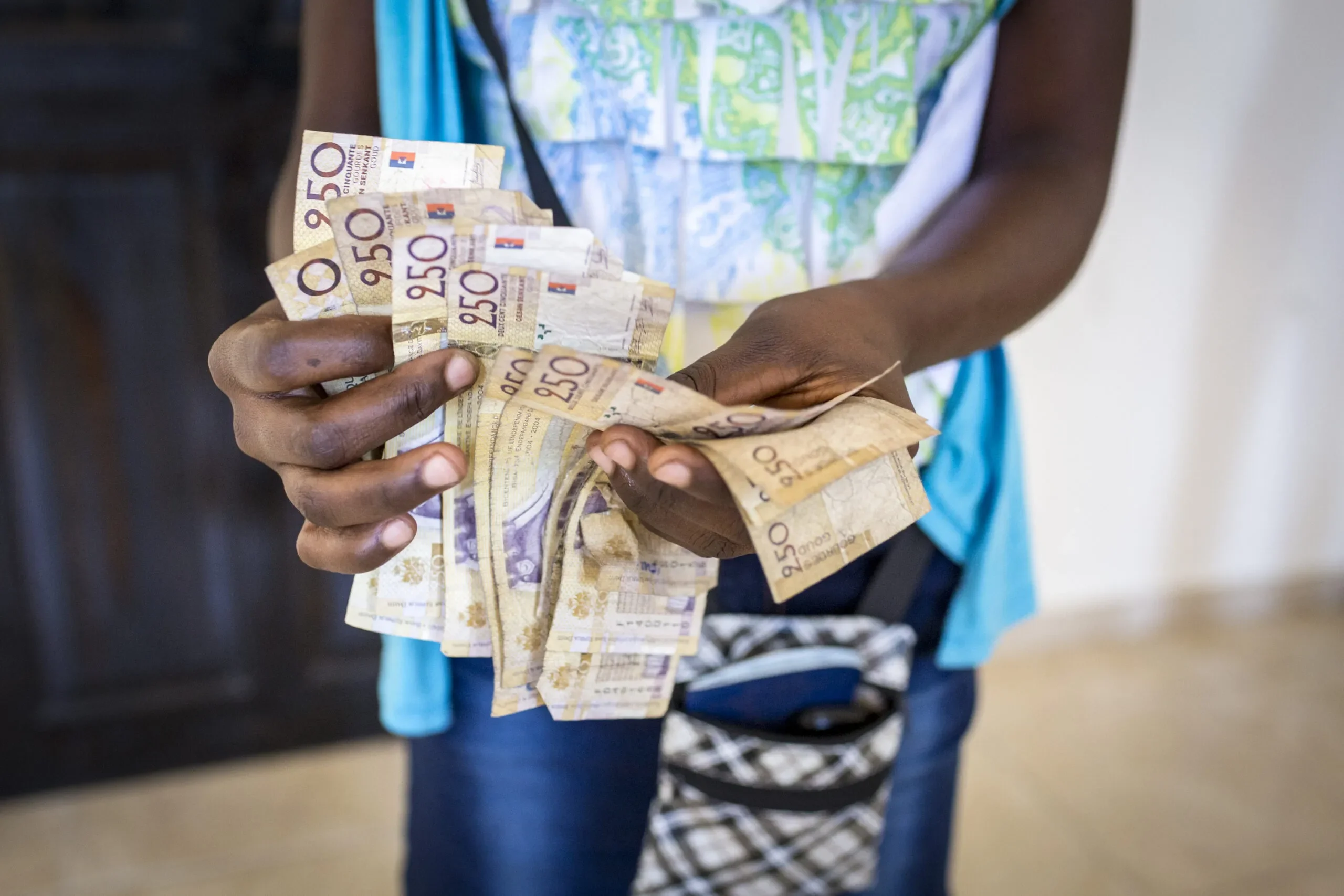
Globally an estimated 1.1 billion women, nearly one in three, are excluded from the formal financial system. This is particularly true in humanitarian crises. The Village Savings and Loan Association (VSLA) model with its focus on establishing low cost, self-administered informal financial services - with the ability to link to formal financial institutions where available - has the potential to help address this gap and lay a foundation for future economic recovery. Since 2019, CARE has been working through our VSLA in Emergencies (VSLAiE) approach to increase sectoral learning on how to successfully implement VSLAs in some of the most challenging crisis affected settings.
Approaches that achieve gender equality, that move beyond the individual level to address greater interpersonal, socio-cultural, and community factors that influence gender attitudes and behaviors, have been shown by rigorous impact evaluations to be impactful in promoting gender-equitable attitudes (e.g., SASA! Program in Uganda), reducing gender-based violence (e.g., Stepping Stones and Creating Futures program in South Africa), and decreasing social acceptance of intimate partner violence (e.g., RESPECT program in Tanzania). Read the report to find out more. Read More
Two numbers set the frame for the food security situation in the world today. 282 million people are very hungry in the world (acutely food insecure). 84.2 million more women and girls are hungry than men and boys. Food insecurity is a huge global problem, and it’s highly unequal. The Starving for Equality research shows how gender inequality isn’t just a woman’s problem; it’s also bad for men and boys. The research also shows that inequality makes men and boys hungrier, too. Read More
When crises hit, women step-up as leaders, engaging hands-on to navigate challenges. Women leaders are often overlooked and unsupported in times of crisis, yet they continue to make considerable contributions. They deliver essential health and nutrition services to the most vulnerable. They document human rights abuses and work to make communities safer. They strengthen their livelihoods through resourcefulness and creativity. CARE's Women in War research shows that women are the key to effective crises recovery and long-term peacebuilding. By removing barriers to their participation and amplifying the critical work they are already doing, we can give women the recognition they deserve and empower them to change the future of crisis response. Read More